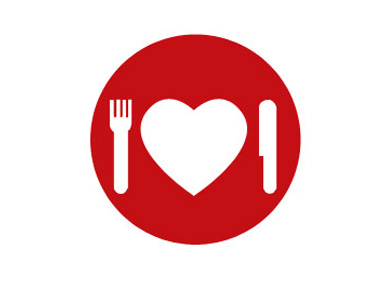
Being CEO is bad for your health
According to Steve Tappin, author of The Secrets of CEOs, the vast majority of the average Chief Executive Officer’s (CEO) week is dominated by 12 emotions of a possible 34 000 including intense stress, frustration, disappointment, irritation and overwhelm. “In response to these emotions, the body secretes an increased amount of cortisol, also known as the









